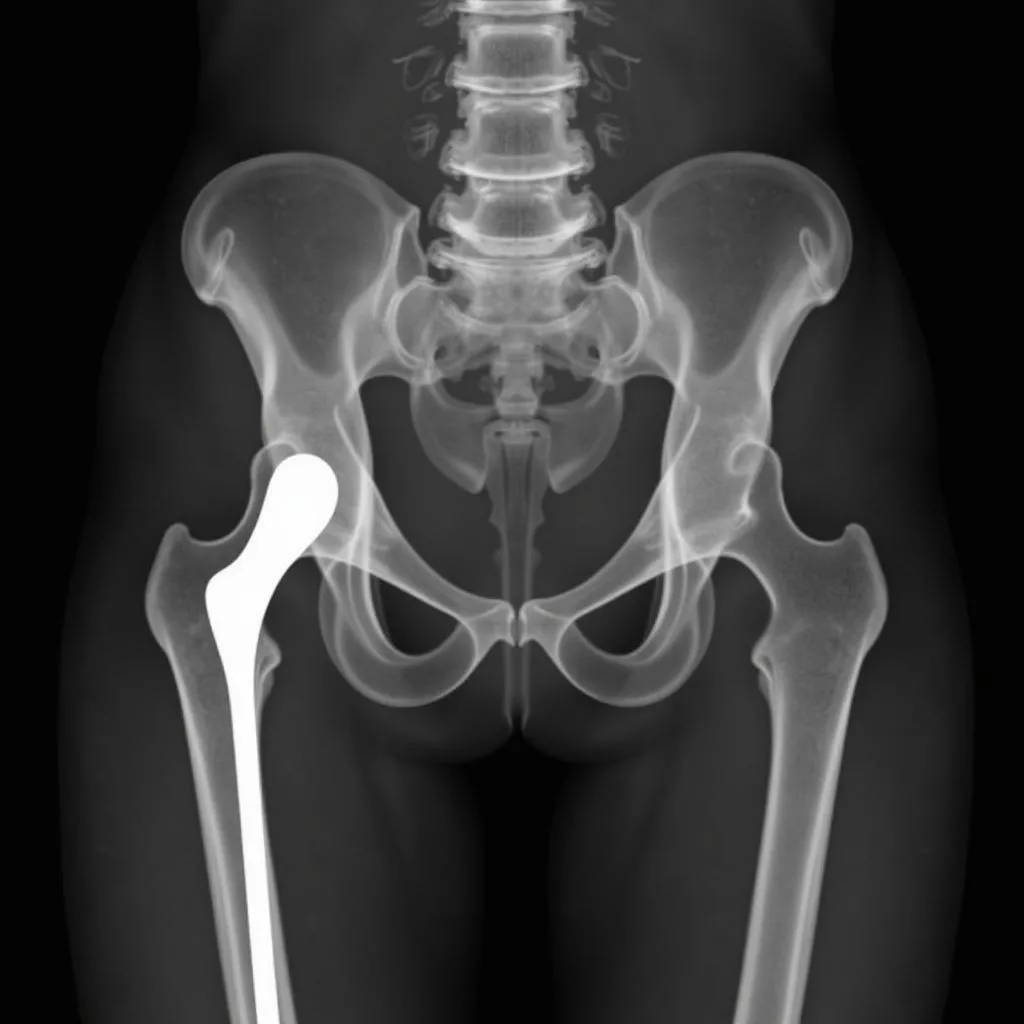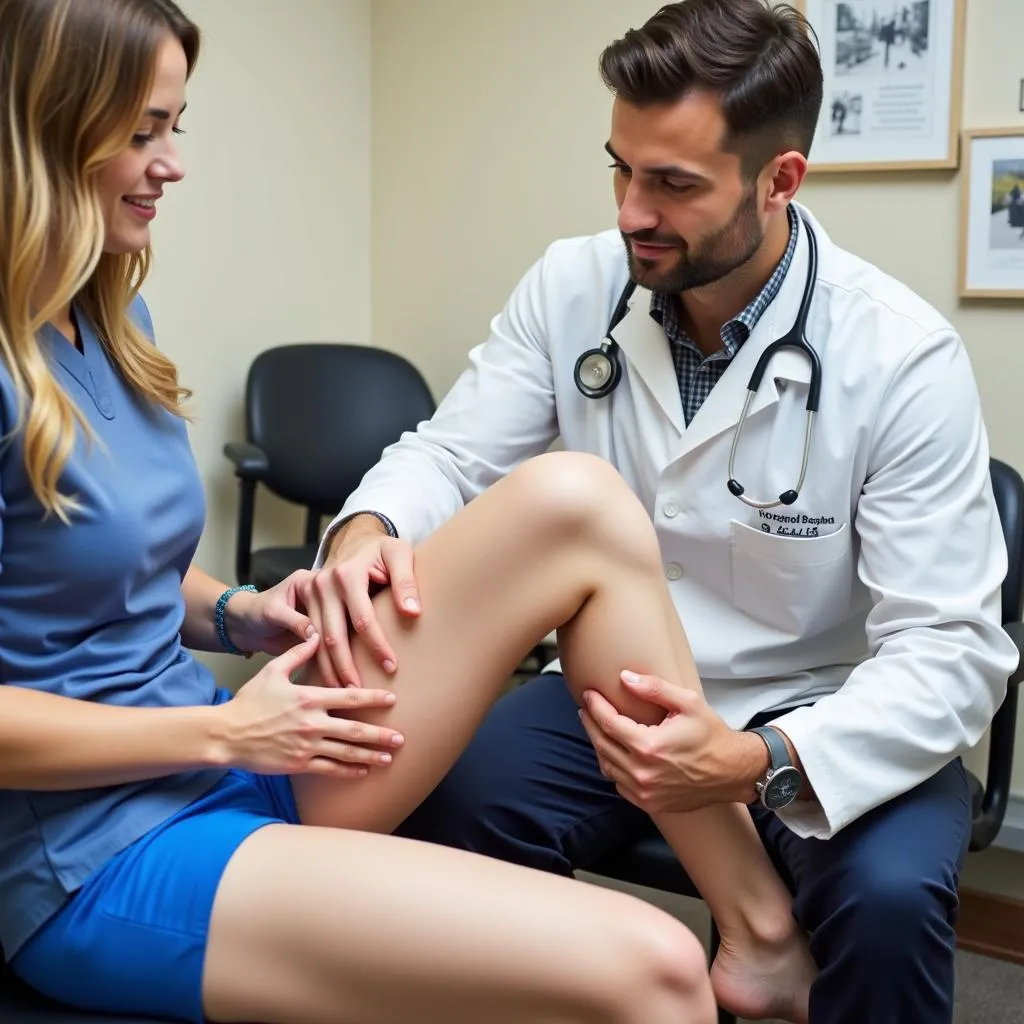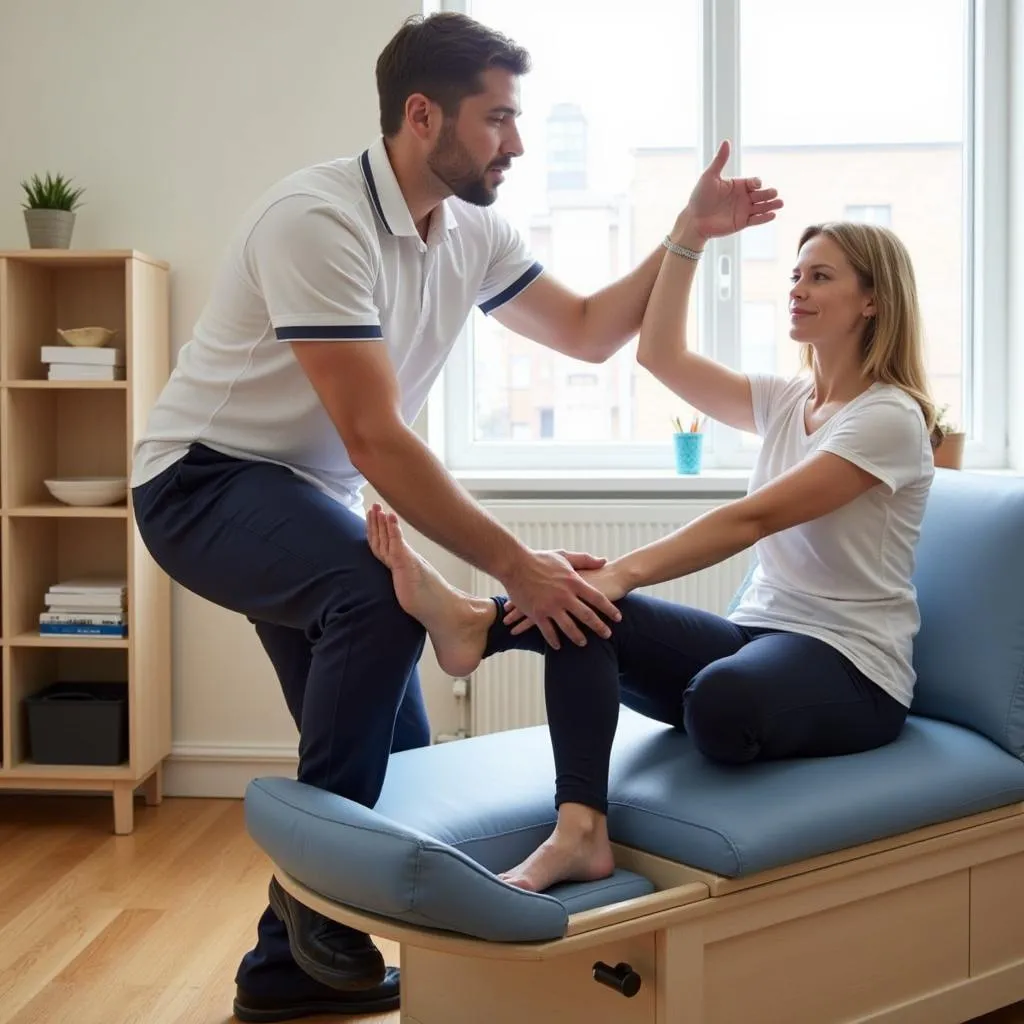Hip Pain From Car Accident: What You Need to Know
Experiencing hip pain after a car accident is a common occurrence, even if the impact didn’t directly involve your hip area. The force of the collision can travel through your body, leading to pain and discomfort in unexpected places. This pain could be a sign of minor injuries like muscle strains or sprains, or it could indicate something more serious like a fracture or joint damage.
Understanding the Causes of Hip Pain After a Car Accident
Several factors can contribute to hip pain following a car accident. The position of your body at the time of impact, the severity of the crash, and pre-existing conditions can all play a role. Here are some common causes:
1. Muscle Strains and Sprains
The sudden and forceful movements during a car accident can overstretch or tear the muscles and ligaments supporting your hip joint. This often results in pain, swelling, and stiffness in the hip area.
2. Bursitis
The bursa, a fluid-filled sac that cushions your hip joint, can become inflamed after a car accident. This condition, known as bursitis, can cause pain, tenderness, and restricted range of motion in the hip.
3. Hip Fracture
In more severe car accidents, the impact can fracture the hip bone. This is particularly common in older adults with osteoporosis, a condition that weakens the bones. Hip fractures typically cause severe pain, bruising, and difficulty walking or standing.
 X-ray image of a hip fracture
X-ray image of a hip fracture
4. Labral Tear
The labrum, a ring of cartilage that surrounds your hip socket, can tear due to the force of a car accident. This can cause pain, clicking, catching, and a feeling of instability in the hip joint.
5. Nerve Damage
Nerves in your lower back or hip area can be compressed or injured in a car accident. This can lead to radiating pain, numbness, tingling, or weakness in your hip, leg, or foot.
When to Seek Medical Attention
It’s crucial to seek immediate medical attention if you experience hip pain after a car accident, especially if the pain is severe, accompanied by other symptoms like numbness, weakness, or deformity, or if it doesn’t improve within a few days.
Early diagnosis and treatment are essential to prevent long-term complications and promote optimal healing. Your doctor will conduct a thorough physical examination, review your medical history, and may order imaging tests like X-rays or MRIs to determine the exact cause of your pain and recommend the most effective treatment plan.
 Doctor examining a patient's hip
Doctor examining a patient's hip
Treatment Options for Hip Pain After a Car Accident
Treatment for hip pain after a car accident depends on the underlying cause and severity of the injury. Options may include:
- Medications: Over-the-counter or prescription pain relievers, anti-inflammatories, or muscle relaxants can help manage pain and inflammation.
- Physical Therapy: A physical therapist can teach you exercises to strengthen your hip muscles, improve flexibility, and restore range of motion.
- Injections: Corticosteroid injections can be helpful in reducing inflammation and pain in conditions like bursitis.
- Surgery: In some cases, surgery may be necessary to repair fractures, torn ligaments, or damaged cartilage.
Expert Insight
“It’s essential to listen to your body and not ignore hip pain after a car accident,” says Dr. Emily Carter, a leading orthopedic surgeon specializing in hip injuries. “Early diagnosis and treatment can significantly impact your recovery and long-term outcome.”
Conclusion
Hip pain after a car accident can be a debilitating experience, impacting your daily life and mobility. By understanding the potential causes, seeking prompt medical attention, and following a comprehensive treatment plan, you can effectively manage your pain, regain function, and return to your normal activities. Remember, early intervention is key to a successful recovery.
 Physical therapist guiding hip exercises
Physical therapist guiding hip exercises
Frequently Asked Questions
1. Can hip pain after a car accident go away on its own?
Minor hip pain from muscle strains or sprains may improve with rest, ice, and over-the-counter pain relievers. However, it’s essential to consult a doctor to rule out any serious injuries.
2. How long does it take for hip pain to heal after a car accident?
The healing time for hip pain varies depending on the type and severity of the injury. It can range from a few weeks for minor strains to several months for fractures or surgical repairs.
3. What are the red flags to watch out for after experiencing hip pain from a car accident?
Seek immediate medical attention if you experience severe pain, numbness, weakness, deformity, inability to bear weight, or if the pain doesn’t improve within a few days.
4. Can I prevent hip pain after a car accident?
While you can’t always prevent injuries in a car accident, wearing a seatbelt, ensuring proper headrest adjustment, and maintaining good posture while driving can minimize the risk of severe hip injuries.
5. What kind of doctor should I see for hip pain after a car accident?
You can consult your primary care physician, an orthopedic doctor specializing in bone and joint injuries, or a chiropractor.
Need Help? Contact Us Today!
If you are experiencing hip pain after a car accident, don’t hesitate to reach out for expert assistance. Contact us via WhatsApp: +1(641)206-8880, Email: [email protected], or visit our workshop at 276 Reock St, City of Orange, NJ 07050, United States. Our dedicated team is available 24/7 to provide guidance, answer your questions, and schedule a consultation.
We also recommend checking out our other informative articles on car accident injuries and automotive diagnostics on our website.
